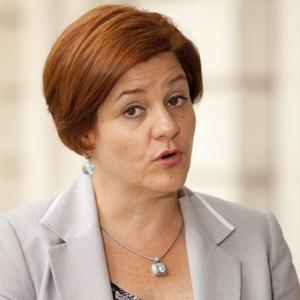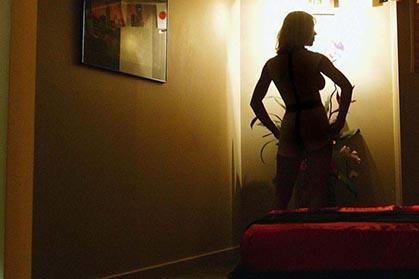It “can make some people uncomfortable,” but City Council Speaker Christine Quinn says she’s open to allowing middle-school girls as young as 11 to receive the morning-after contraceptive pill.
“This is a really important option we need to make accessible,” Quinn said yesterday after receiving a mayoral endorsement from the Planned Parenthood of New York City Political Committee.
“I understand it can make some people uncomfortable. We need to recognize the reality of what’s happening in children’s lives and give them what they need to make the right choices and protect themselves,” Quinn added.
Quinn had previously supported dispensing Plan B pills to high-school girls in a first-of-its-kind pilot program started by the Bloomberg administration last year.
Both regular birth-control pills and emergency contraception became available to students as young as 14 without parental notification.
Parents were given the option of opting out — but only 3 percent did, according to the Health Department.
Quinn said an expansion to middle schools might be necessary down the road.
“I think that it may become a reality,” she said. “If that is what the data shows us would be most helpful, that is what we’ll do.”
For now, Quinn later told The Post, she’s content to keep the program limited to high schools.
Public schools here already distribute free condoms to students.
Plan B is currently given out at more than 50 high schools across the city. More than 5,000 students have received the contraceptive since the program began.
Oral and injectable contraceptives require prescriptions, which under program guidelines are written by Health Department doctors. Students can also get Depo-Provera, a birth-control drug injected once every three months, officials said.
Statistics show that more kids are having sex at younger ages. About 28 percent of city students entering ninth grade have already had sex, and more than half are sexually active before completing high school, according to city data from 2012.
The teen-pregnancy rate in New York City is almost 7 percent — a sharp decline from 2001, when it hovered close to 10 percent. About 7,000 girls get pregnant by the time they reach 17 and more than half choose to get an abortion, according to the city.
“The realities facing our young people these days are different and we would like to make sure that whatever choices that young people are making, that they have options available to them if birth control fails,” said Planned Parenthood spokeswoman Christina Chang.
“We would like to see it made available widely to young people. We may have to start in middle school.”
Some parents fear a lack of parental involvement could result in medical complications associated with birth-control pills, such as blood clots and hypertension.






